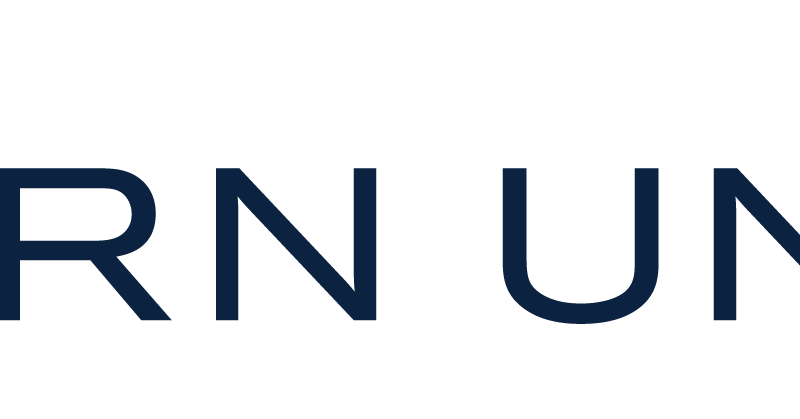Auburn University’s FY25 Budget: Investment in Employees and Infrastructure

Auburn University is taking significant steps to prioritize its workforce in the upcoming fiscal year. The university’s FY25 budget allocates an impressive $48.1 million specifically for employee enhancements, including a 4% merit pool increase. This investment also aims to attract top-tier faculty and administrative staff, ensuring that salaries remain competitive and allowing for necessary promotions and adjustments to employee benefits.
Budget Overview
At the recent Board of Trustees meeting on September 6, Kelli Shomaker, Auburn’s Senior Vice President for Business and Administration and Chief Financial Officer, presented a comprehensive budget of $1.85 billion for FY25, which starts on October 1. This budget reflects a substantial increase of $134.9 million, or 7.87%, compared to the previous fiscal year.
- Auburn University: $1.58 billion (85.9% of the total budget)
- Auburn University at Montgomery: Included in the overall budget
- Alabama Cooperative Extension System: Included in the overall budget
- Alabama Agricultural Experiment Station: Included in the overall budget
Expenditures and Revenue Sources
Salaries, wages, and employee benefits account for the largest portion of the budget, making up 51.4%. Revenue sources are primarily derived from tuition and fees, along with state appropriations, which together represent 63.5% of the total budget. Notably, Auburn is set to receive an additional $26.9 million in state appropriations and $46.1 million more in tuition and fees compared to FY24. The budget also anticipates increases of $23.4 million in restricted revenues and $21.9 million in auxiliary revenue.
Non-Personnel Expenses and Future Tuition Increases
Non-personnel expenses are projected to rise by $86.3 million, which includes a $13.6 million increase in student aid. Operational and maintenance costs are expected to grow by $65.6 million, addressing various mandatory expenses related to safety, technology infrastructure, and building maintenance.
Additionally, the Board of Trustees has approved proposals for tuition and fee increases for the fall of 2025 at both Auburn and Auburn University at Montgomery (AUM). Shomaker emphasized that while the increase in state funding is essential, it still falls short of covering all operational costs. The projected 3% increase in tuition will help maximize Auburn’s mission to provide quality education and services to the community.
Projected Tuition Costs
- At Auburn, a resident undergraduate student will see an increase of approximately $378 annually, while non-residents will pay about $1,050 more.
- At AUM, resident undergraduates will face an increase of around $330 per year, with non-residents seeing about $750 more.
Enhancements in Campus Facilities
Auburn University is also planning significant campus expansions. The College of Human Sciences has received approval for a new academic and research facility, addressing the need for consolidated space to support its growing programs. Currently, the college occupies eight different buildings, a situation that has become untenable.
New Developments
- The Tony and Libba Rane Culinary Science Center, a state-of-the-art facility, exemplifies recent growth and includes classrooms, labs, and even hands-on educational opportunities at The Laurel Hotel & Spa.
- The Radio Frequency Identification (RFID) Lab is looking for a new location to enhance its operations and facilitate partnerships with industry stakeholders.
- The Board has authorized leasing space in the Auburn Research Park to accommodate growth in research initiatives.
Additional Projects Approved
In addition to facility improvements, the board has approved various projects aimed at enhancing student experiences:
- Student-Athlete Services: A $9 million renovation of the Athletics Complex will improve centralized sports medicine and training services.
- Recreation and Wellness: The Caroline Draughon Village laundry facility will be transformed into a new fieldhouse to support intramural sports.
- Village Residence Halls: Phase four of the renovation project will address various updates in Plainsman Hall, with construction set to begin in summer 2025.
- Melton Student Center: Plans to renovate the outdoor patio area to create flexible spaces for events and gatherings.
- Analytical Innovation Lab: A new laboratory in the Brown-Kopel Engineering Student Achievement Center will focus on advanced manufacturing and workforce development.
These initiatives reflect Auburn’s commitment to enhancing both academic and extracurricular experiences for its students, further solidifying its role as a leader in higher education.

